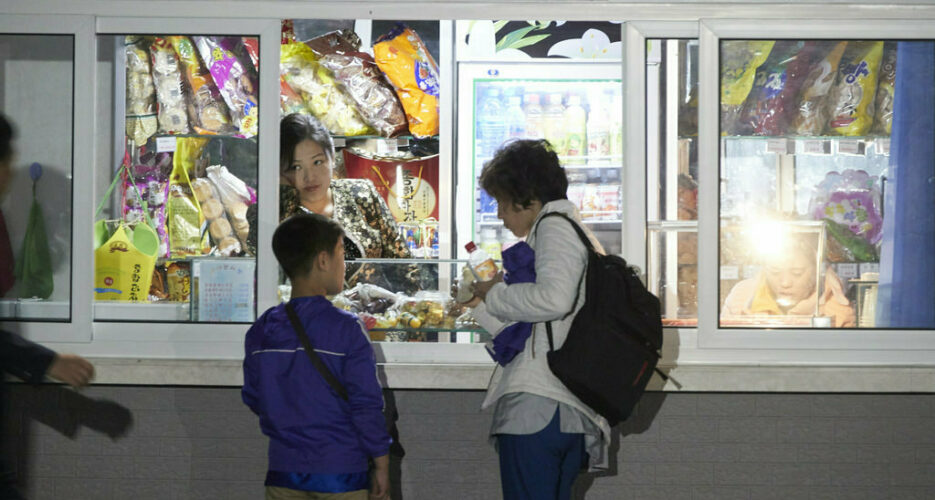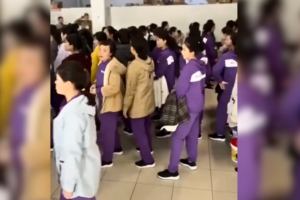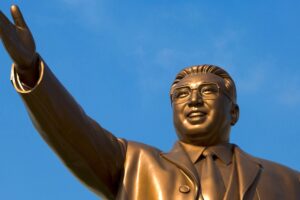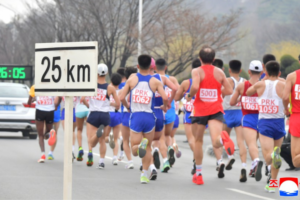During the 1980s and early 90s, a somewhat unusual system of special stores allowed some residents of North Korea to purchase everything from chocolates and footwear to luxury products like Japanese electronics and French perfume.
This seemingly capitalist exchange existed for a simple reason: the government wanted to encourage its citizens to spend foreign currency in the DPRK, so it implemented a system modeled on similar shops in the Soviet Union selling high-quality goods in order to obtain hard currency – shops which existed despite a well-established tradition of agitprop disparaging Western money.
During the 1980s and early 90s, a somewhat unusual system of special stores allowed some residents of North Korea to purchase everything from chocolates and footwear to luxury products like Japanese electronics and French perfume.
This seemingly capitalist exchange existed for a simple reason: the government wanted to encourage its citizens to spend foreign currency in the DPRK, so it implemented a system modeled on similar shops in the Soviet Union selling high-quality goods in order to obtain hard currency – shops which existed despite a well-established tradition of agitprop disparaging Western money.
Try unlimited access
Only $1 for four weeks
-
Unlimited access to all of NK News: reporting, investigations, analysis
-
Year-one discount if you continue past $1 trial period
-
The NK News Daily Update, an email newsletter to keep you in the loop
-
Searchable archive of all content, photo galleries, special columns
-
Contact NK News reporters with tips or requests for reporting
Get unlimited access to all NK News content, including original reporting, investigations, and analyses by our team of DPRK experts.
Subscribe
now
All major cards accepted. No commitments – you can cancel any time.










